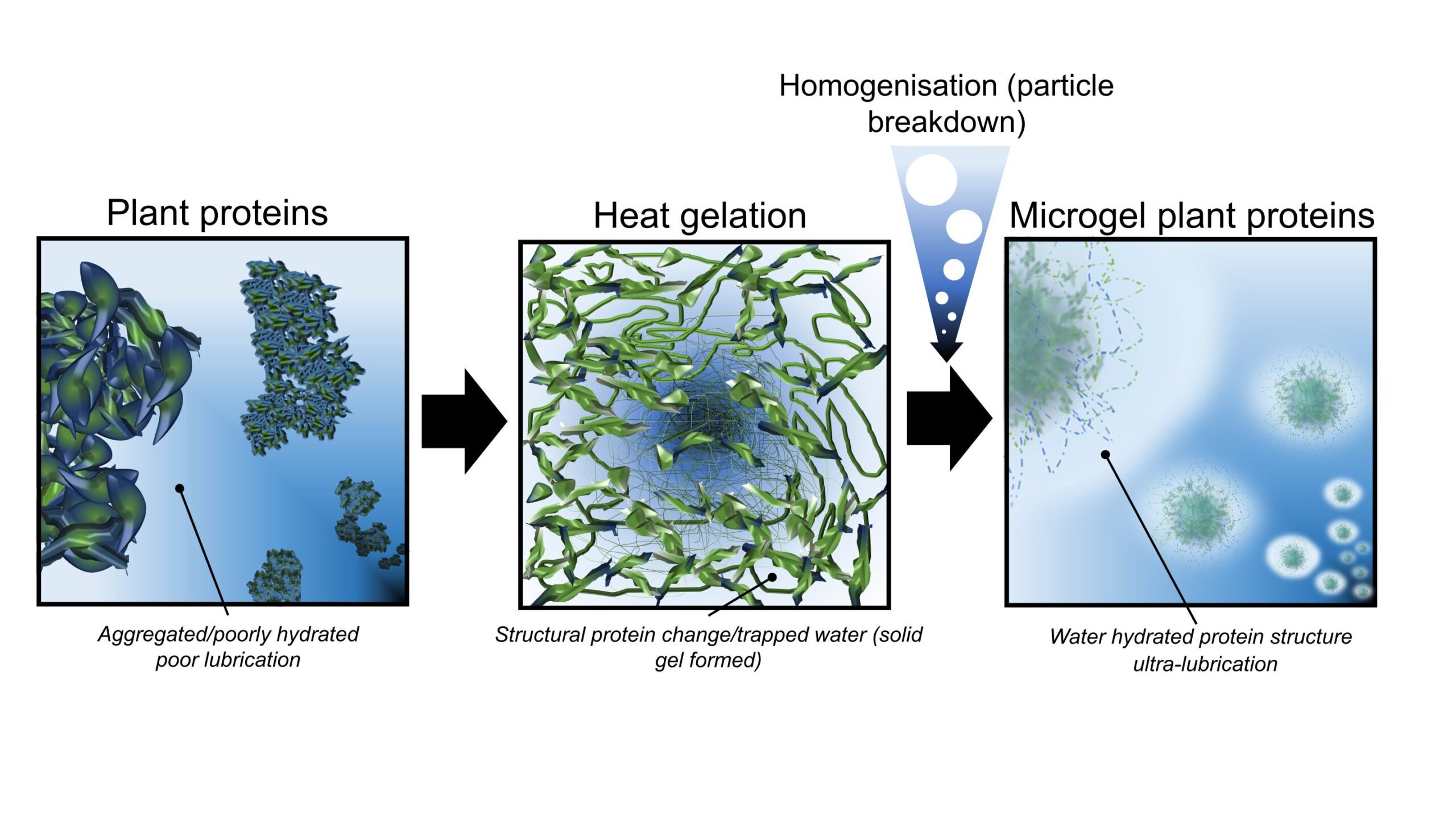The USDA gave two brands, Good Meat and Upside Foods, the green light last week to start producing and selling lab-grown, or cultivated, chicken in the United States. But is that kosher, literally?
The two companies tout their products as slaughter-free, raising a theological question: If meat doesn’t come from a slaughtered animal, does it still need religious oversight to be considered kosher or halal? The dietary restrictions followed by some Muslims and Jews both hinge on ritual slaughter. So is it even, from a religious, dietary perspective, really “meat?”

As is often the case with religious matters, there are a number of opinions, and a lot comes down to which religious leaders you follow and your level of observance. Some see the ability to grow meat from cells as a radical departure from traditional ways of harvesting meats, so radical that it throws certain tenets out the window. Others see it as requiring slightly different types of oversight.
But first, the practical perspective: Neither company has yet had its US-approved cultivated chicken product certified as halal or kosher. Upside Foods said it has not yet applied for certification, but that it ultimately would like to be available in markets where people largely keep kosher or halal. Good Meat said its products are potentially kosher but have not yet been certified, and that it is exploring the options for being certified halal.
From a philosophical perspective, only one thing is clear: It’s complicated.

** Click here to read the full-text **









